
Kirkos: The Cultural Crossroads of Addis Ababa
Kirkos is one of the most vibrant neighbourhoods in Addis Ababa, Ethiopia's bustling capital. Nestled in the heart of the city, Kirkos offers tourists a unique blend of historical significance and modern-day allure. The area is home to many of Addis Ababa's landmarks, making it an ideal starting point for any exploration of the city. Kirkos is known for its diverse cultural fabric, where traditional Ethiopian life coexists harmoniously with urban sophistication. Visitors can immerse themselves in the local culture by wandering through bustling markets, where the air is filled with the aromas of traditional Ethiopian spices and freshly brewed coffee. The neighbourhood is also home to the National Palace and the Meskel Square, both of which play crucial roles in Ethiopia's rich history and contemporary social life. Food enthusiasts will find Kirkos a haven of culinary delights, with numerous restaurants offering both traditional Ethiopian dishes and international cuisine. The neighbourhood's lively nightlife scene, featuring local music and dance, provides an authentic taste of Ethiopian entertainment. For those interested in art and history, Kirkos boasts several museums and galleries that showcase Ethiopia's heritage and contemporary art scene.
Local tips in Kirkos
- Visit Meskel Square during the annual Meskel Festival for a vibrant cultural experience.
- Try the local coffee at one of the many traditional coffee houses—Ethiopia is the birthplace of coffee.
- Explore the National Palace and learn about Ethiopia's political history.
- For a unique shopping experience, visit the local markets early in the morning.
- Take a guided tour to fully grasp the historical significance of the landmarks.
Kirkos: The Cultural Crossroads of Addis Ababa
Kirkos is one of the most vibrant neighbourhoods in Addis Ababa, Ethiopia's bustling capital. Nestled in the heart of the city, Kirkos offers tourists a unique blend of historical significance and modern-day allure. The area is home to many of Addis Ababa's landmarks, making it an ideal starting point for any exploration of the city. Kirkos is known for its diverse cultural fabric, where traditional Ethiopian life coexists harmoniously with urban sophistication. Visitors can immerse themselves in the local culture by wandering through bustling markets, where the air is filled with the aromas of traditional Ethiopian spices and freshly brewed coffee. The neighbourhood is also home to the National Palace and the Meskel Square, both of which play crucial roles in Ethiopia's rich history and contemporary social life. Food enthusiasts will find Kirkos a haven of culinary delights, with numerous restaurants offering both traditional Ethiopian dishes and international cuisine. The neighbourhood's lively nightlife scene, featuring local music and dance, provides an authentic taste of Ethiopian entertainment. For those interested in art and history, Kirkos boasts several museums and galleries that showcase Ethiopia's heritage and contemporary art scene.
Iconic landmarks you can’t miss
Unity Park
Discover the beauty of Unity Park in Addis Ababa, where art, history, and nature converge in a serene urban oasis.
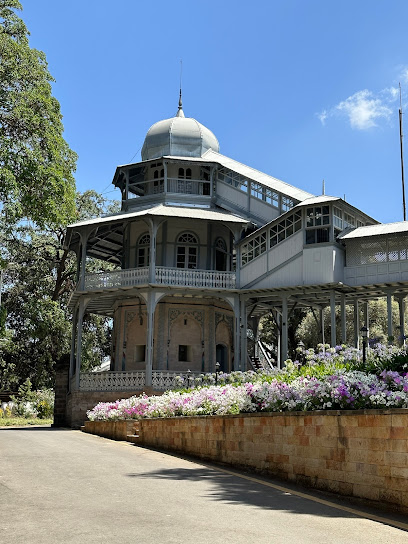
Meskel Square
Explore Meskel Square, a vibrant historical landmark in Addis Ababa, where culture and modernity collide in a lively urban atmosphere.
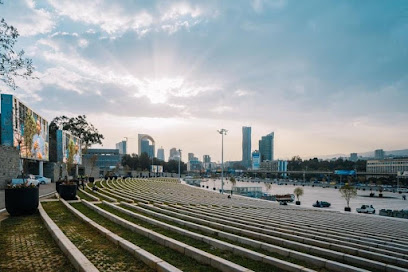
Red Terror Martyrs' Memorial Museum የቀይ ሽብር መታሰቢያ ሙዚየም
Explore Ethiopia's history at the Red Terror Martyrs' Memorial Museum, a poignant tribute to resilience and remembrance in Addis Ababa.
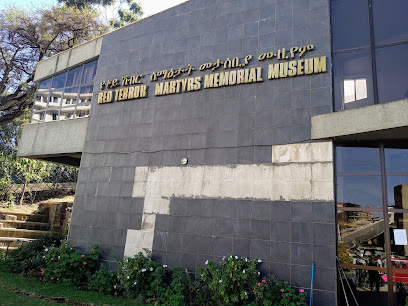
Emperor Tewodros II Square
Discover the cultural heart of Addis Ababa at Emperor Tewodros II Square, a historical landmark celebrating Ethiopia's rich heritage.
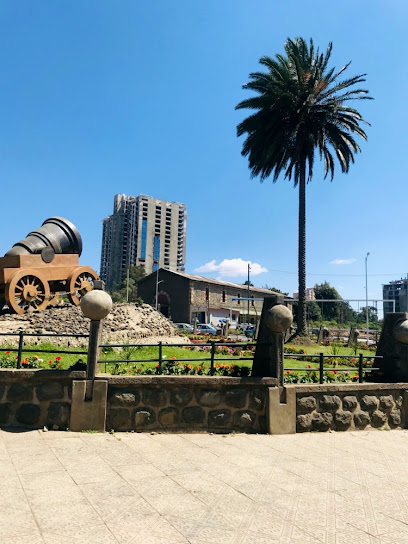
Addis Ababa Museum | Meskel Square | አዲስ አበባ ሙዚየም | መስቀል አደባባይ
Explore Ethiopia's vibrant culture and history at the Addis Ababa Museum, showcasing a captivating collection of art and artifacts.
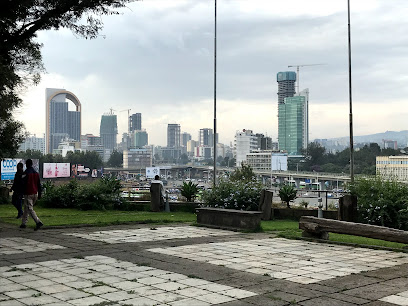
Kera ቄራ
Discover Kera ከራ, a historical landmark in Addis Ababa, that captures the essence of Ethiopia's rich culture and vibrant heritage.
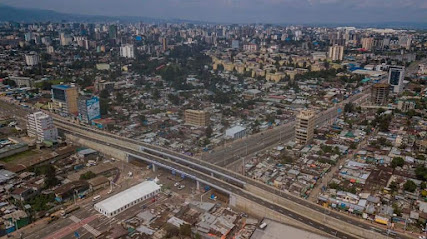
Lion of Judah Statue
Discover the Lion of Judah Statue in Addis Ababa, a majestic symbol of Ethiopian heritage and pride, offering rich history and stunning views.
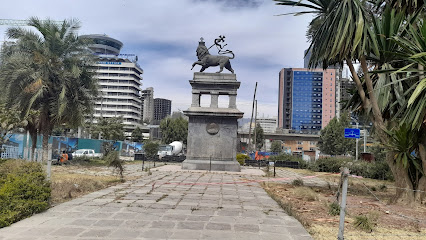
Dilachin Monument
Explore the historic Dilachin Monument in Addis Ababa, a symbol of Ethiopia's rich heritage and a serene spot for reflection and photography.
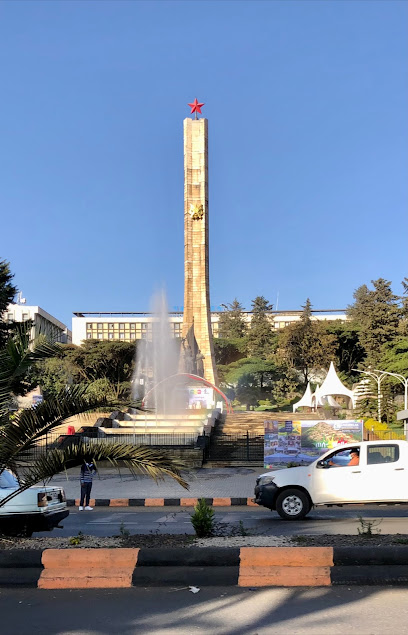
Arat Killo Monument
Discover the Arat Killo Monument in Addis Ababa, a stunning symbol of Ethiopian history and culture that captivates visitors with its rich heritage.
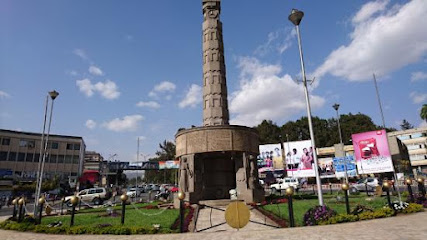
Unmissable attractions to see
Friendship Park
Experience the lush landscapes, vibrant culture, and serene atmosphere of Friendship Park, a cherished urban oasis in Addis Ababa.
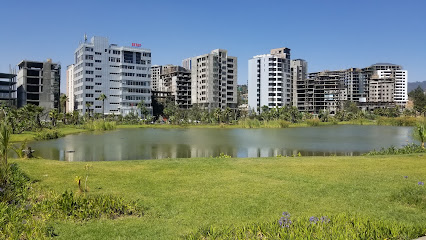
Entoto Park
Discover the breathtaking landscapes and rich heritage of Entoto Park, a natural gem in Addis Ababa perfect for relaxation and exploration.
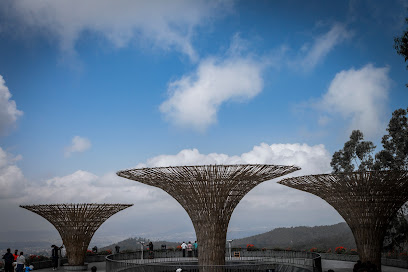
Ethiopian Science Museum
Explore Ethiopia's rich scientific heritage at the Ethiopian Science Museum, where history meets innovation in the heart of Addis Ababa.
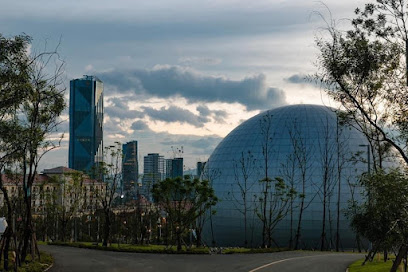
Red Terror Martyrs' Memorial Museum የቀይ ሽብር መታሰቢያ ሙዚየም
Discover the heart-wrenching history of Ethiopia at the Red Terror Martyrs' Memorial Museum, a poignant tribute to resilience and remembrance.
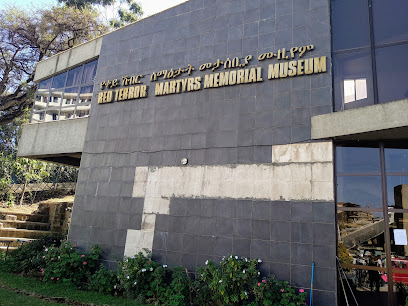
Addis Ababa Museum | Meskel Square | አዲስ አበባ ሙዚየም | መስቀል አደባባይ
Explore the rich cultural tapestry of Ethiopia at the Addis Ababa Museum, where history and art come alive in a captivating setting.
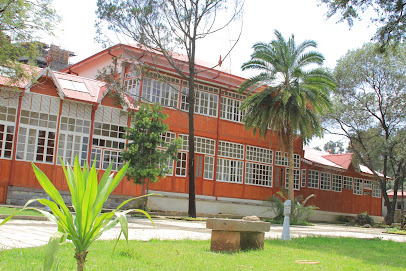
Science Museum Meeting Hall ሳይንስ ሙዝየም መሰብሳቢያ አዳራሽ
Discover the Science Museum Meeting Hall in Addis Ababa, where innovation meets culture in an inspiring journey through science and technology.
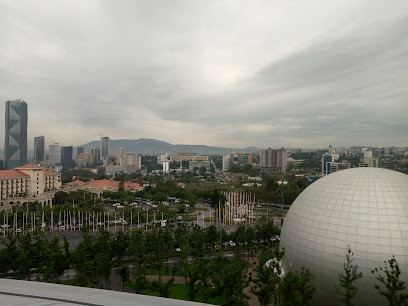
የደመራ ቦታ
Discover the beauty of nature at Entoto Park in Addis Ababa, a lush escape offering stunning views, rich culture, and diverse wildlife.
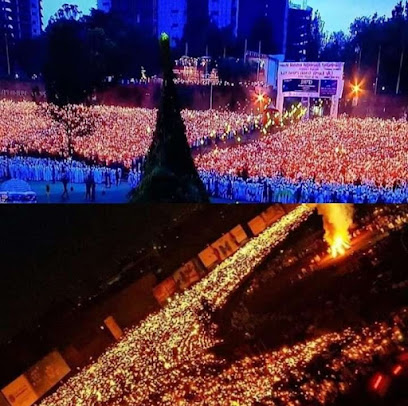
Egg house & Emperor Menelik II's Quarter | እንቁላል ቤት | የንጉሥ ምኒልክ ግቢ
Explore the historical Egg House and Emperor Menelik II's Quarter in Addis Ababa, where Ethiopia's cultural heritage comes to life amid stunning architecture.
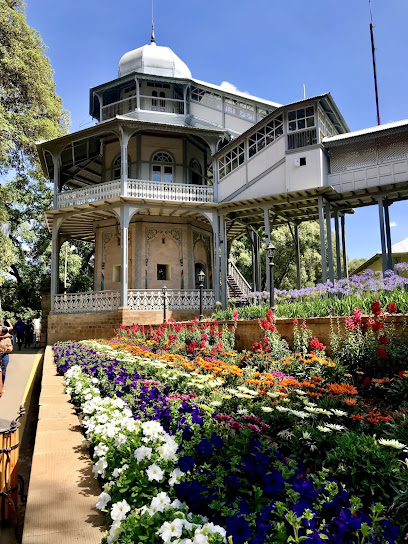
Essential places to dine
Cravings Restaurant & Bar
Experience authentic Ethiopian cuisine at Cravings Restaurant & Bar in Addis Ababa, where tradition meets modern flair for an unforgettable dining experience.
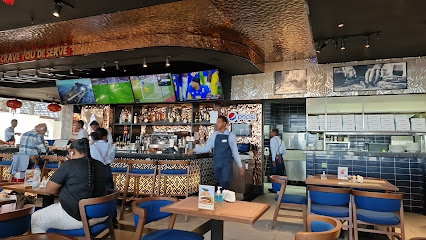
Dashen Traditional Restaurant
Discover authentic Ethiopian cuisine at Dashen Traditional Restaurant in Addis Ababa - a must-visit for food lovers seeking local flavors.
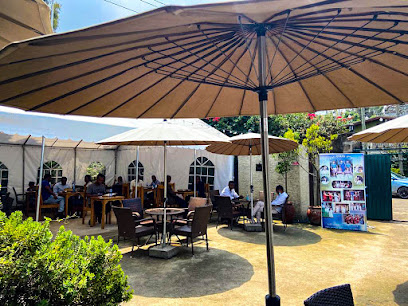
Crave Cafe & Restaurant
Experience authentic Italian flavors at Crave Cafe & Restaurant in Addis Ababa – where every dish tells a story.
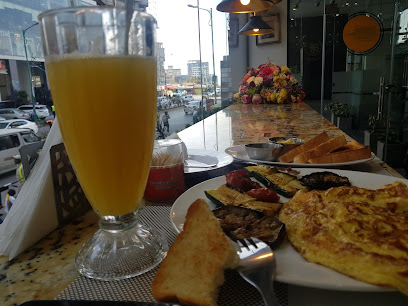
Vaccari Italian Restaurant
Experience authentic Italian cuisine at Vaccari Italian Restaurant in Addis Ababa—where tradition meets flavor in every dish.
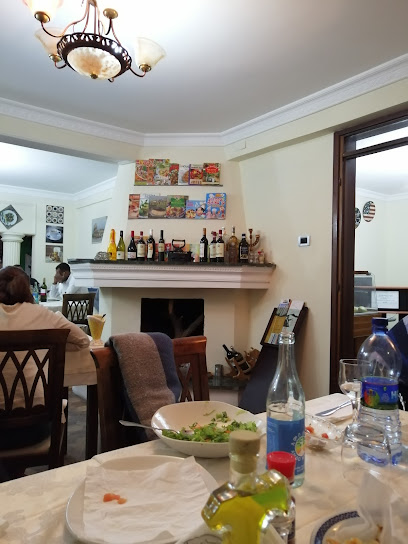
Marcus Addis Restaurant & Sky Bar
Discover culinary delights with breathtaking views at Marcus Addis Restaurant & Sky Bar in Addis Ababa.
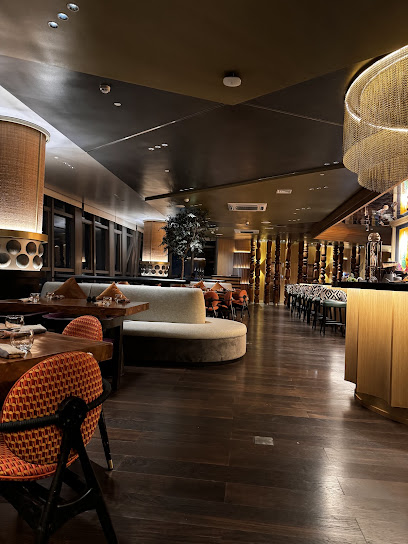
Trattoria Gusto | Kazanchis | ትራቶሪያ ጉስቶ | ካሳንቺስ
Experience authentic Italian flavors at Trattoria Gusto in Kazanchis, Addis Ababa - where every dish tells a story.
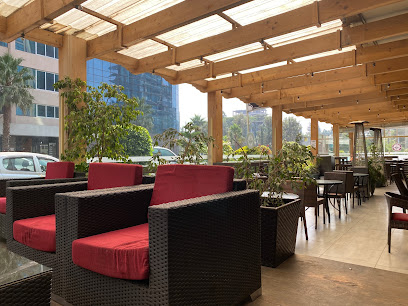
Henom Restaurant
Experience fine dining at its best in Addis Ababa with exquisite dishes and exceptional service at Henom Restaurant.
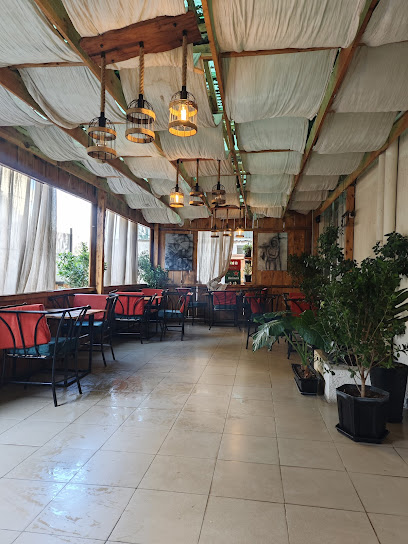
Fafresh Cultural Kitchen - Dembel | ፋፍሬሽ ባህላዊ ሬስቶራንት - ደምበል
Discover the rich flavors of Ethiopia at Fafresh Cultural Kitchen - where tradition meets taste in Addis Ababa.
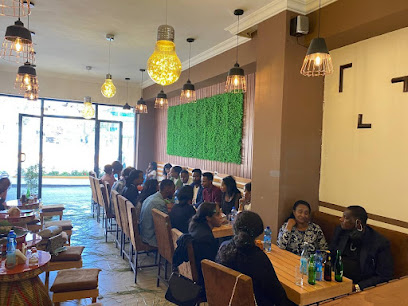
Belvedere Restaurant best of beat | Kazanchis | ብሊቭደር ሬስቶራንት | ክሳንቺስ
Experience authentic Italian cuisine at Belvedere Restaurant in Kazanchis, Addis Ababa - where tradition meets local charm.
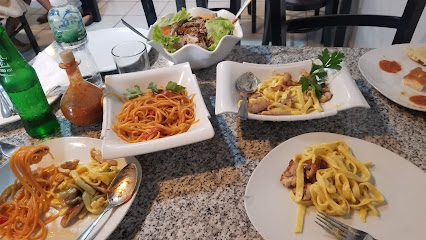
Flavor Addis Bar and Restaurant
Experience the vibrant flavors of Ethiopia at Flavor Addis Bar and Restaurant, where every dish tells a story.
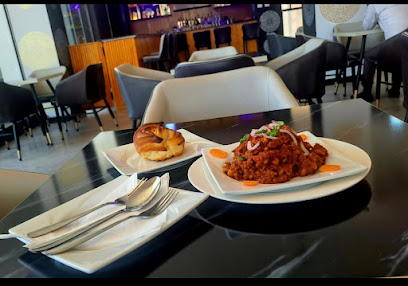
Markets, malls and hidden boutiques
Shop
Experience the vibrant culture and shopping at Chirkos, a popular mall in Addis Ababa, featuring unique local crafts and delicious Ethiopian cuisine.
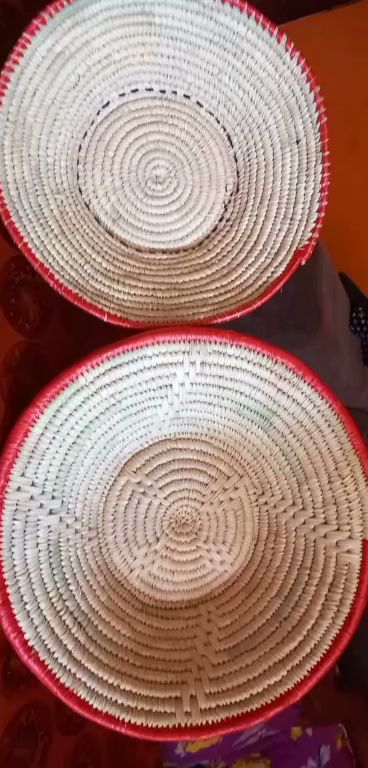
Abdi Negash Antique Store
Uncover a unique blend of antiques, art, and cultural treasures at Abdi Negash Antique Store in Addis Ababa, a shopper's paradise for rare finds.
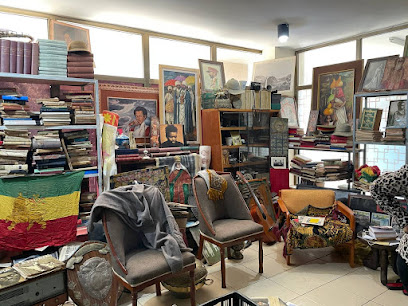
Gebrekidan Souvenirs And Ethiopian Artifacts Gallery
Discover authentic Ethiopian art and culture at Gebrekidan Souvenirs and Artifacts Gallery in Addis Ababa, a treasure trove of unique souvenirs.
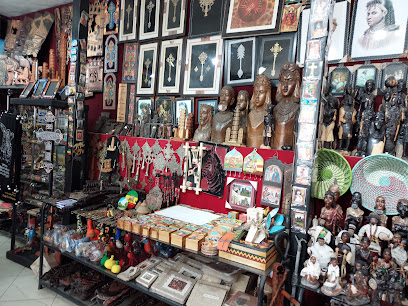
Ethiopian Tourism Enterprise Gift Shop
Explore the Ethiopian Tourism Enterprise Gift Shop for authentic crafts, unique souvenirs, and a taste of Ethiopian culture in the heart of Addis Ababa.
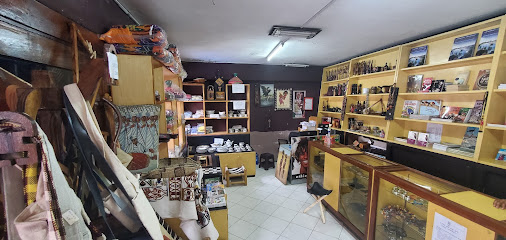
Obsa Special Khat
Explore the vibrant culture of Ethiopia at Obsa Special Khat, a must-visit store for an authentic Khat experience in Addis Ababa.
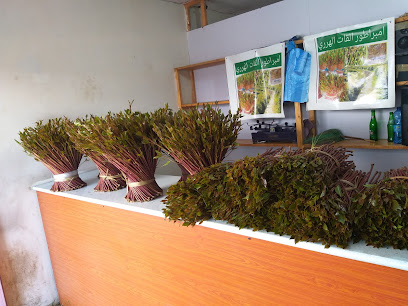
Talari Addis
Explore Talari Addis: A Treasure Trove of Handcrafted Ethiopian Jewelry in the Heart of Addis Ababa.
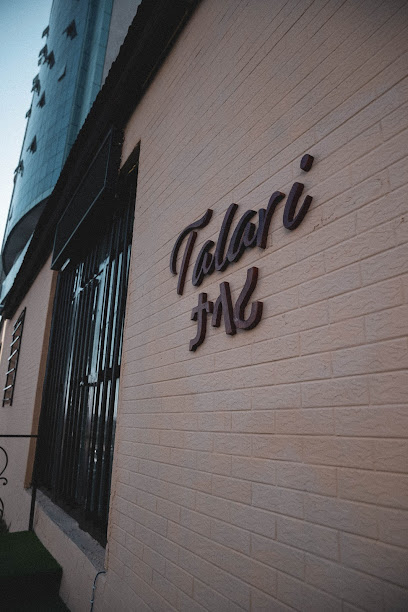
Happy Place Gift Shop
Explore the heart of Ethiopia at Happy Place Gift Shop, where unique souvenirs and local craftsmanship await every traveler.
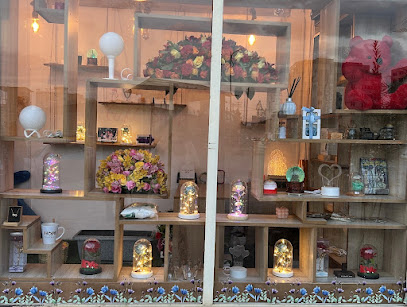
KS BOUTIQUE
Experience the essence of Ethiopian fashion at KS Boutique, Addis Ababa's premier women's clothing store, offering unique styles and personalized service.
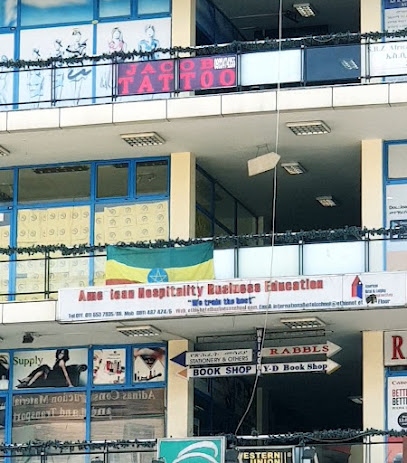
Kuru Souviner Shop
Discover authentic Ethiopian crafts and souvenirs at Kuru Souvenir Shop, where culture meets creativity in the heart of Addis Ababa.
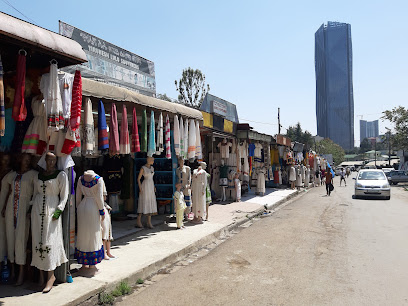
Kirkos Market
Explore Kirkos Market, a vibrant shopping destination in Addis Ababa, showcasing Ethiopian culture, crafts, and culinary delights.
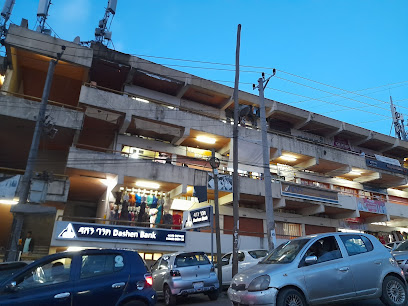
Essential bars & hidden hideouts
Union Cocktail Bar & Restaurant
Discover a vibrant fusion of local and international flavors at Union Cocktail Bar & Restaurant in the heart of Addis Ababa.
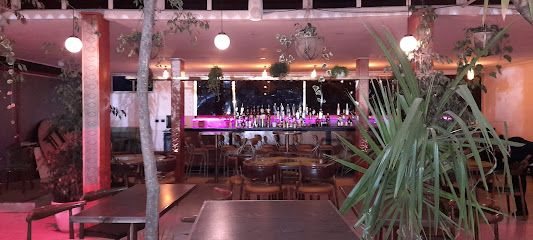
Ben' Cocktail Bar & Restuarant
Discover the culinary delights of Ben' Cocktail Bar & Restaurant in Addis Ababa, where Ethiopian flavors meet international cuisine in a vibrant setting.
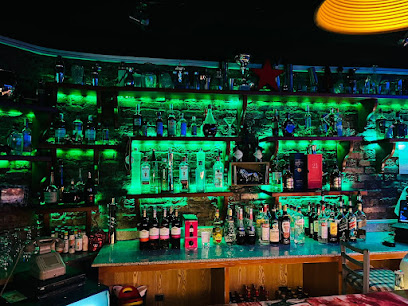
Homie Lounge
Discover the flavors of Ethiopia at Homie Lounge, a vibrant grill restaurant in Addis Ababa, where delicious food meets a welcoming atmosphere.
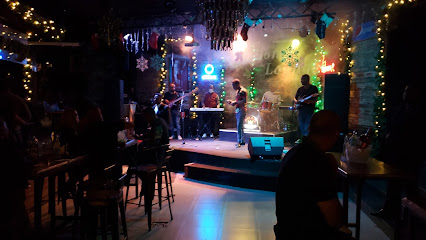
Flavor Addis Bar and Restaurant
Experience the vibrant flavors of Ethiopia at Flavor Addis Bar and Restaurant, a must-visit culinary gem in Addis Ababa.
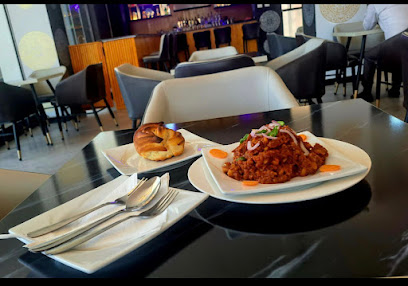
Kiss Addis
Experience the vibrant atmosphere and rich local culture at Kiss Addis, the ultimate lounge for relaxation and connection in the heart of Addis Ababa.
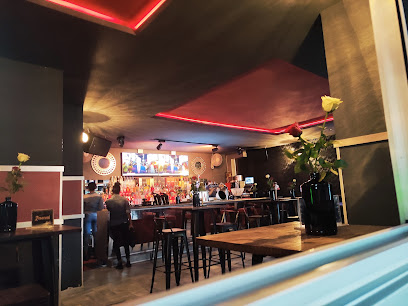
Tele bar | Mexico | ቴሌ ባር | ሜክሲኮ
Discover the vibrant nightlife at Tele Bar in Addis Ababa, where culture and entertainment come together for an unforgettable experience.
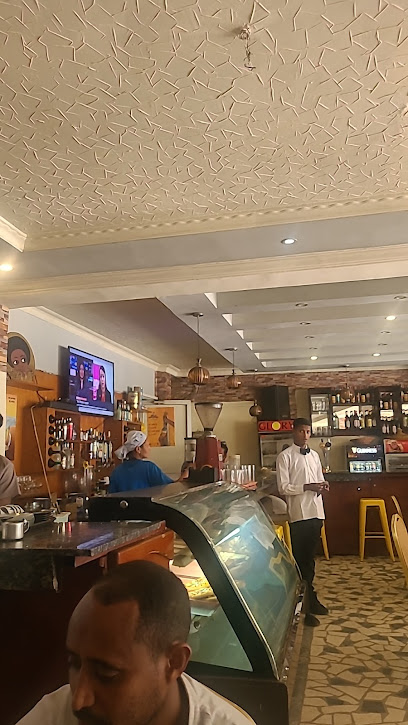
Noble House Cocktails | Kazanchis | ኖብል ሃውስ ኮክቴል | ካሳንቺስ
Explore the vibrant nightlife of Addis Ababa at Noble House Cocktails, where expertly crafted drinks and a lively atmosphere await.
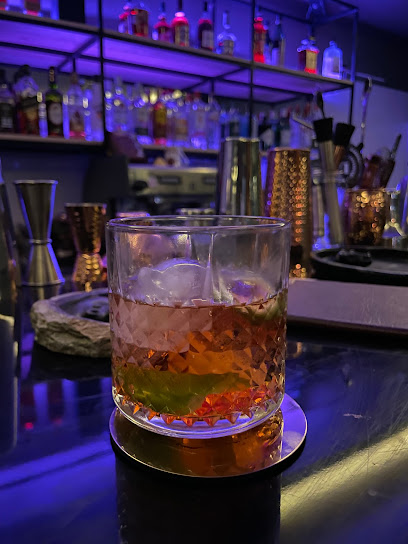
Hotspot Addis bar and restaurant
Experience the vibrant nightlife of Addis Ababa at Hotspot Addis, where exquisite cocktails meet delicious Ethiopian cuisine in a lively setting.
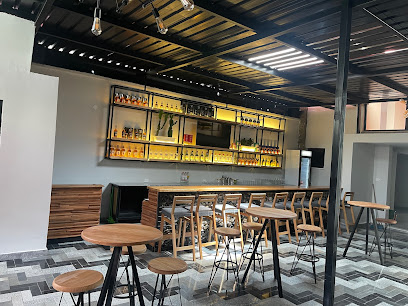
251 Bar
Discover the vibrant nightlife of Addis Ababa at 251 Bar, where great drinks and live music create unforgettable experiences.
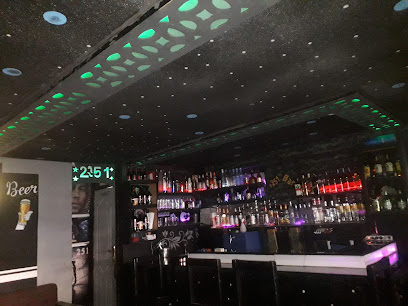
Arada bar
Discover the vibrant nightlife at Arada Bar in Addis Ababa, where traditional Ethiopian charm meets modern relaxation.

Local Phrases
-
- Helloሰላም
[sälam] - Goodbyeይቅርታ
[yiq'irta] - Yesአዎ
[awo] - Noአይ
[ay] - Please/You're welcomeእባንኳ/እንዴት
[ebaneka/endet] - Thank youአመሰግናለን
[amesegenalehu] - Excuse me/Sorryአድራሻ/ትንታኔን
[adrasa/tnatani] - How are you?እንዴት ነህ?
[endet neh?] - Fine. And you?ጠንካራዬ. አንዴት?
[tenkariye. andet?] - Do you speak English?እንዴት አንድነት እፎፍሎሽ አለን?
[endet andinet efoloshalen?] - I don't understandአማራጅኝ
[amarazegne]
- Helloሰላም
-
- I'd like to see the menu, pleaseማንዳ ወደኛ በቅሎ እንቅስቃሴ ማስቀመጥ እችላለሁ
[manda wedena bekelo enkuskase manemetch elachelalhu] - I don't eat meatእኔ አምጥቻለኝ
[ene amtichalen] - Cheers!ብቻ!
[bicha] - I would like to pay, pleaseእኔ በጣም እንቀበልልሃለሁ
[ene betam enkebelalehalehu]
- I'd like to see the menu, pleaseማንዳ ወደኛ በቅሎ እንቅስቃሴ ማስቀመጥ እችላለሁ
-
- Help!እወና!
[ewena] - Go away!እንደረስ!
[enderes] - Call the Police!ፖሊስ ያጣልሃል!
[polis yatalahal] - Call a doctor!ጣፋጅን ያጣልሃል!
[tafajin yatalahal] - I'm lostእኔ አልወጣት
[ene alwetate] - I'm illእኔ አለኝ
[ene alen]
- Help!እወና!
-
- I'd like to buy...እኔ የተረሳሁበትን መረጃ ለማጥፋት
[ene yeterasahubetem meraja lematfet] - I'm just lookingእኔ በማለት ለመረዳት
[ene bemalat lemeredat] - How much is it?እባንኳ እንላኩ?
[ebaneka enelaku?] - That's too expensiveእንደብክ
[endebek] - Can you lower the price?እባንኳ የገባኸውን መጠን እንቀብራለን?
[ebaneka yegabahew meret enkebralen]
- I'd like to buy...እኔ የተረሳሁበትን መረጃ ለማጥፋት
-
- What time is it?ሰዓት ነው?
[sa'at new?] - It's one o'clockአንድ ሰዓት ነው
[and sa'at new] - Half past (10)አንድ ስነ ሰላም
[and sene selam] - Morningጥዋት
[t'wat] - Afternoonከፍተኛ
[keftena] - Eveningማታ
[mata] - Yesterdayትወልጧ
[tweltja] - Todayዛሬ
[zar] - Tomorrowነገ
[nage] - 1አንድ
[and] - 2ሁለት
[hulet] - 3ሶስት
[sost] - 4አራት
[arat] - 5አምስት
[amost] - 6ስድስት
[sedist] - 7ሰባት
[sebat] - 8ስምንት
[simint] - 9ዘጠኝ
[zet'en] - 10አስር
[asar]
- What time is it?ሰዓት ነው?
-
- Where's a/the...?እባንኳ ከዚህ... ጋር ነው?
[ebaneka kezih gar new?] - What's the address?አስተማሪ ምን አለ?
[astemari min ale?] - Can you show me (on the map)?እባንኳ እኔን ሞባ ማሳያ እንሳልካለን?
[ebaneka enen moba masa'ya ensalaken] - When's the next (bus)?ማን አለው ከገቡ?
[man alew kegabu?] - A ticket (to ....)ትኬት (ወደ ....)
[tiket (weda)]
- Where's a/the...?እባንኳ ከዚህ... ጋር ነው?
History of Kirkos
-
Kirkos, one of the older neighborhoods in Addis Ababa, was established in the early 20th century as the city began to take shape under Emperor Menelik II. The neighborhood's name, which means 'the place of the Cross', reflects the Christian heritage prevalent in Ethiopia. As Addis Ababa emerged as the capital of Ethiopia, Kirkos became a significant residential area for government officials and foreign diplomats.
-
Throughout the 20th century, Kirkos developed into a vibrant cultural hub, drawing people from various ethnic backgrounds and regions of Ethiopia. The neighborhood is known for its diverse community, featuring a blend of traditional Ethiopian lifestyles alongside modern influences. This cultural mélange is evident in the local cuisine, music, and festivals celebrated in the area, showcasing the rich tapestry of Ethiopian heritage.
-
During the Italian occupation of Ethiopia from 1936 to 1941, Kirkos witnessed significant changes and challenges. The Italian forces targeted the neighborhood for military purposes, which led to the displacement of many residents. However, Kirkos also became a site of resistance, where local inhabitants organized efforts against the occupying forces, contributing to Ethiopia's eventual liberation.
-
Following the end of the Italian occupation, Kirkos underwent a period of reconstruction and urbanization. The 1950s and 1960s saw an influx of people moving to Addis Ababa, leading to the expansion of Kirkos. New infrastructure, including schools and hospitals, was established, enhancing the neighborhood's role as a vital part of the city's social and economic fabric.
-
In recent years, Kirkos has experienced significant modernization and gentrification as Addis Ababa continues to grow. New commercial developments, alongside efforts to preserve historical sites, have transformed the neighborhood. This rapid change has sparked discussions about maintaining the cultural identity of Kirkos while accommodating urban growth, reflecting broader trends across the city.
Kirkos Essentials
-
Kirkos is centrally located in Addis Ababa and is easily accessible from other neighborhoods. Taxis and ride-hailing apps like Ride or ZayRide are common for direct travel. Public minibuses (blue and white) operate between Kirkos and major areas like Bole, Arada, and Mercato. The distance from Bole International Airport to Kirkos is approximately 8 kilometers, taking around 20-30 minutes by taxi depending on traffic.
-
Kirkos is well-connected via public transport, including buses and minibuses. The Light Rail Transit (LRT) has stations at key points, making it convenient to travel to other neighborhoods. Bicycles can be rented from local shops for a more leisurely exploration. Walking is also a viable option, especially within the neighborhood, where many attractions are close together.
-
Kirkos is considered relatively safe, but common sense precautions should always be exercised. Areas around Meskel Square and the central market can experience petty crime, such as pickpocketing. Tourists are advised to avoid walking alone at night in less populated areas and to keep valuables secure.
-
In case of an emergency, dial 911 for police assistance or 944 for medical emergencies. The nearest hospitals include Yekatit 12 Hospital and Black Lion Hospital. It is advisable to have travel insurance that covers medical emergencies. For minor health issues, local pharmacies are available for over-the-counter medications.
-
Fashion: Do dress modestly, particularly when visiting religious sites. Avoid shorts and sleeveless tops. Religion: Do respect local customs; remove shoes when entering homes or places of worship. Public Transport: Do offer your seat to the elderly and pregnant women. Don't eat or drink on public transport. Greetings: Do greet with a handshake, and a slight bow of the head is respectful. Eating & Drinking: Do enjoy local dishes and accept food offerings. Don't refuse hospitality, as it may offend the host.
-
To experience Kirkos like a local, visit the bustling Mercato, one of Africa's largest open-air markets, where you can find everything from spices to textiles. Engage with local vendors, as they often share stories about their products. Explore the vibrant street food scene by trying local delicacies such as injera and doro wat in small eateries. Attend local cultural events or festivals when possible to immerse yourself in the community's traditions.
Nearby Cities to Kirkos
-
Things To Do in Debre Markos
-
Things To Do in Awasa
-
Things To Do in Bahir Dar
-
Things To Do in Lalibela
-
Things To Do in Dire Dawa
-
Things To Do in Arba Minch
-
Things To Do in Harar
-
Things To Do in Gondar
-
Things To Do in Jinka
-
Things To Do in Dikhil
-
Things To Do in Ali Sabieh
-
Things To Do in Mekele
-
Things To Do in Arta
-
Things To Do in Tadjoura
-
Things To Do in Djibouti City








